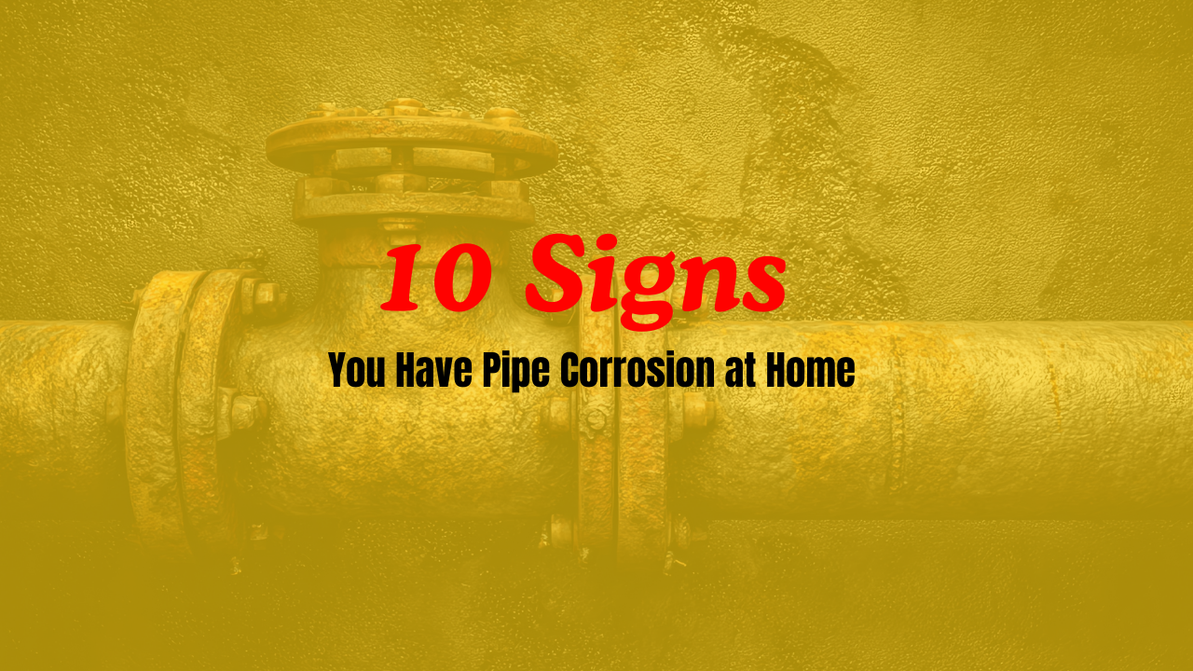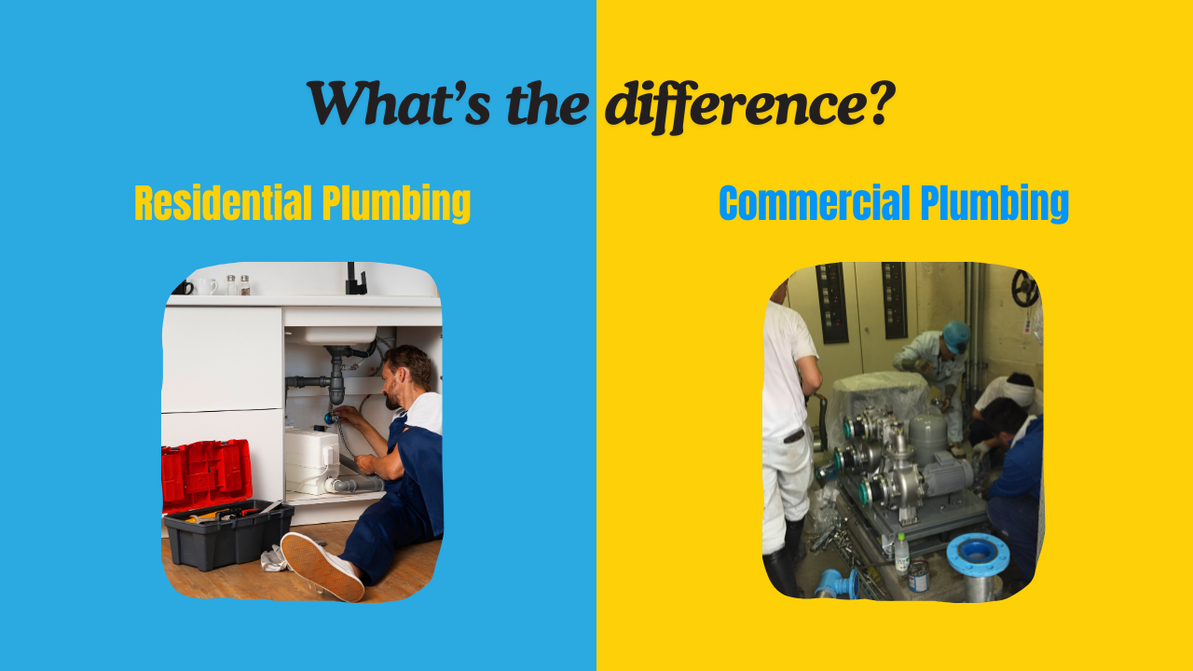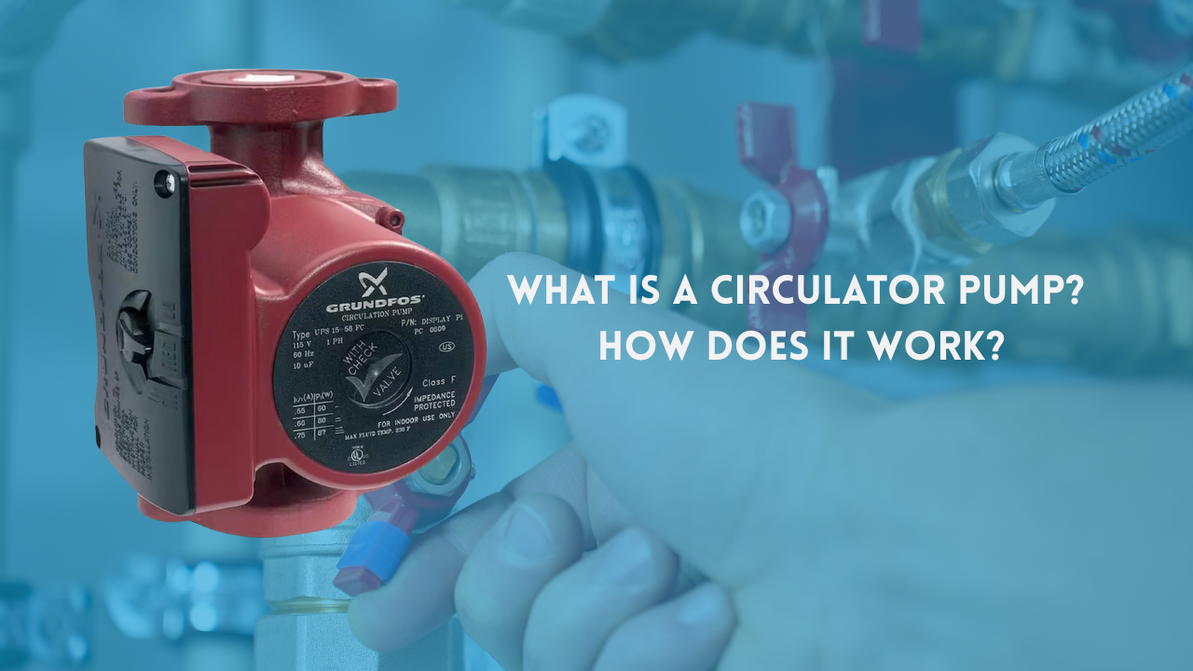What Type of Water Heater Is the Most Efficient?
Choosing the right water heater can positively impact your energy bills and environmental impact. Understanding which type of water heater offers the highest efficiency will help you make the best choice. This guide will delve into different systems, highlighting their benefits and helping you determine which one will meet your needs.
Tankless
Tankless water heaters, also known as on-demand water heaters, heat water right away without storing it in a tank. When you turn on a hot water tap, cold water moves through a pipe into the unit, where either an electric element or a gas burner heats the water. This type of system eliminates standby heat losses associated with traditional storage water heaters.
Benefits:
- They only operate when hot water is needed
- Since they heat water on demand, there’s no risk of running cold
- Tankless heaters are compact and can be mounted on walls
Keep in mind that installation costs can be higher than traditional water heaters.
Heat Pump
Heat pump water heaters use electricity to move heat from one place to another instead of directly generating heat. They pull heat from the surrounding air and transfer it to water stored in a tank.
Benefits:
- They can be two to three times more efficient than conventional systems
- They use ambient air, reducing reliance on fossil fuels
- Over time, reduced energy use translates to big savings
Heat pump water heaters require more installation space than other models and function best in warm climates where they can draw heat from the air.
Solar
Solar water heaters use solar panels installed on your property to capture and convert sunlight into heat, which warms the water in a storage tank. These systems can work in conjunction with traditional water heaters to ensure a consistent hot water supply, even on cloudy days or during high-demand periods.
Benefits:
- They help to lower greenhouse gas emissions
- After the initial investment, solar energy is free
- Reducing reliance on the grid enhances your energy security
The effectiveness of solar water heaters depends on geographic location and weather conditions, which can affect their efficiency.
Condensing
Condensing water heaters are efficient systems that capture and reuse the heat from flue gases, which would otherwise escape through the chimney. These heaters typically use natural gas or propane as their energy source.
Benefits:
- They reuse heat from exhaust gases, achieving greater efficiency
- Low fuel consumption means a smaller carbon footprint
- Designed for heavy-duty use, these heaters often have longer lifespans
A commercial gas water heater designed as a condensing unit offers superior efficiency for business owners seeking to reduce operating costs and environmental impact.
As you can see, selecting the most efficient type of water heater depends on various factors. Each option could be the most efficient for your needs; just determine what those needs are before you shop! Then, you can enjoy cost savings and support environmental preservation.
Recent Posts
-
What Causes Pipe Corrosion?
Pipe corrosion occurs when metal reacts with water, oxygen, and minerals over time. Factors that spe …Feb 2nd 2026 -
Commercial vs. Residential Plumbing: 15 Key Differences You Need to Know
Plumbing might seem straightforward at first glance, but residential and commercial systems are fund …Feb 2nd 2026 -
What Is a Circulator Pump and How Does It Work?
Water needs to keep moving efficiently in plumbing and HVAC systems, and that’s where a circulator p …Feb 2nd 2026





